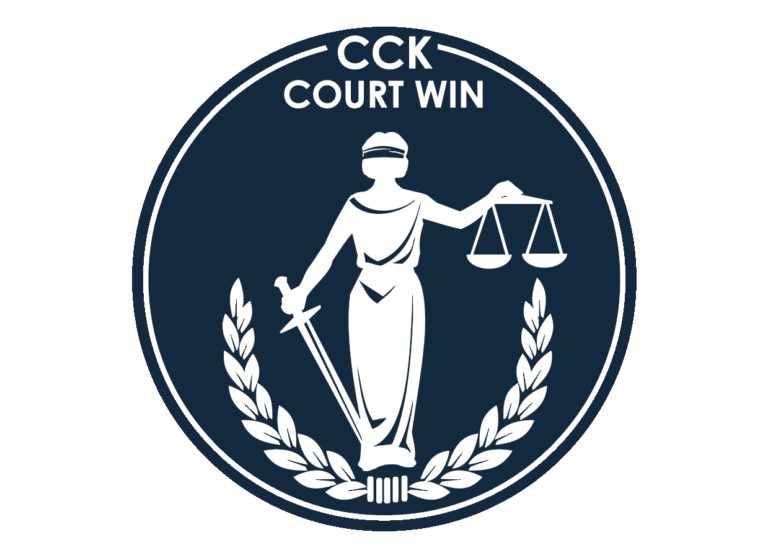Board Erred in Denying Service Connection for TBI Residuals and Psychiatric Condition

CCK Law: Our Vital Role in Veterans Law
Summary of the Case
The Veteran served honorably in the United States Marine Corps from July 1977 to June 1981. In January of 1979, he was reportedly hit in the head with a brick and may have lost consciousness. Following this incident, he experienced headaches, numbness, and nausea. However, his separation examination did not reveal any complaints or findings regarding his head injury and his psychiatric evaluation was normal. In July of 1992, the Veteran had a psychotic episode and was admitted to the hospital for inpatient psychiatric treatment. This occurred multiple times throughout the following years. While receiving inpatient treatment, the Veteran was diagnosed with schizoaffective disorder, depressed type, but denied psychiatric symptoms prior to 1992. In February of 2009, he applied to reopen his previously denied claim for service connection for schizoaffective disorder as secondary to traumatic brain injury (TBI). In doing so, he submitted lay statements from his family describing the continuity of his symptoms from service to the present. The Veteran also submitted lay evidence asserting that he was previously diagnosed with both a TBI and PTSD. The Veteran continued to appeal this issue to the Board of Veterans’ Appeals.
Board denies service connection for TBI residuals and psychiatric condition
In July of 2017, the Board issued a decision denying service connection for the Veteran’s TBI residuals and psychiatric condition. The Board determined that his reports of being diagnosed with PTSD were contradicted by the clinical records that attributed his psychiatric symptoms to schizoaffective disorder. Furthermore, the Veteran lacked the expertise to conclude that a PTSD diagnosis is appropriate. The Board concluded that his psychiatric condition did not manifest in service or within the year following separation, and so service connection was not warranted on a direct or presumptive basis. Additionally, the Board found that the Veteran’s family was not competent to conclude that his symptoms reflected a manifestation of an acquired psychiatric disorder following service, and that they were contradicted by his own denial of symptoms prior to 1992. In regards to the TBI residuals, the Board decided the Veteran was competent to report chronic headache symptoms, but the inconsistencies in his reporting significantly reduced the probative value of his assertions. As a result, the Board gave more weight to the negative VA medical opinions.
CCK appeals to the Court
CCK successfully appealed to the Court of Appeals for Veterans Claims the Board decision that denied service connection for the Veteran’s TBI residuals and psychiatric condition. CCK argued that the Board’s statement of reasons and bases is flawed because it improperly discounted lay evidence that the Veteran’s psychiatric condition manifested prior to his 1992 psychotic break and that he had chronic headaches since the 1979 incident. CCK further argued that the Board relied on inadequate VA medical examinations in making its decision.
CAVC agrees with CCK’s arguments
CCK argued, and the Court agreed, that the Board could not simultaneously find the Veteran’s family not competent to attribute his symptoms to his psychiatric condition and find the Veteran competent to report that he had no psychiatric symptoms prior to 1992. Specifically, the Board did not explain its reasoning for finding that the Veteran possessed the competence to determine the symptomatology of his psychiatric condition, but his family did not. Furthermore, the Court held that the Board did not mention or discuss his family’s statements that he has experienced headaches since service. Since the May 2015 VA examiner opined that his 1979 injury included a mild TBI, the family’s statements that he had chronic headaches since service were relevant, material, and favorable to his claims and therefore should have been addressed. Accordingly, the Court vacated the Board’s decision and remanded the case back to the Board for readjudication.
About the Author
Share this Post
